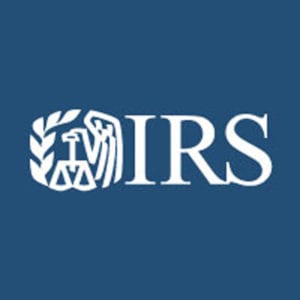 The Internal Revenue Service (IRS) does not come calling from the moment a business falls behind on its tax obligations. However, failure to pay payroll taxes will initiate a process that often ends with the assessment of a Trust Fund Recovery Penalty (TFRP), or a penalty imposed directly on responsible persons that willfully fail to make the necessary deposits to the IRS.
The Internal Revenue Service (IRS) does not come calling from the moment a business falls behind on its tax obligations. However, failure to pay payroll taxes will initiate a process that often ends with the assessment of a Trust Fund Recovery Penalty (TFRP), or a penalty imposed directly on responsible persons that willfully fail to make the necessary deposits to the IRS.
Whether an individual is considered to be a “responsible person” for the purposes of the TFRP assessment is one of the major determinations made during this process. A responsible person can be an officer or employee of a corporation, a member or employee of a partnership, a corporate director or shareholder, a member of a board of trustees of a nonprofit organization, any person with authority and control over funds to direct their disbursement, and even another corporation or third party payer. The wide net cast by the IRS creates an incentive to follow the appropriate withholding procedures with respect to employment taxes, but it also may create some uncertainty as to who is potentially at risk.
The “responsible person” determination is made by way of a formal interview process, during which interviewers will fill out Form 4180, Report of Interview with Individual Relative to Trust Fund Recovery Penalty or Personal Liability for Excise Taxes. Interviewers will seek to determine whether the person in question is a “responsible person” for TFRP purposes, or someone without the authority to make business decisions, e.g. a bookkeeper ordered by another to hold off on satisfying tax obligations. Questions will include whether the interviewee determined financial policy for the business, authorized payments of bills, opened or closed bank accounts, guaranteed or co-signed loans, signed checks, authorized payroll, authorized federal tax deposits, prepared payroll tax returns, or hired or fired employees.
Interviewees faced with a Form 4180 situation should be prepared for the interview by obtaining necessary documentation that will support a conclusive answers to the questions mentioned above. Given that these questions are standard in any Form 4180 interview, they will almost certainly be asked. That said, there is room on the form for additional information relating to that particular interviewee, so interviewees should be prepared to discuss any mitigating information with the interviewer, and urge the latter to make notations accordingly.
